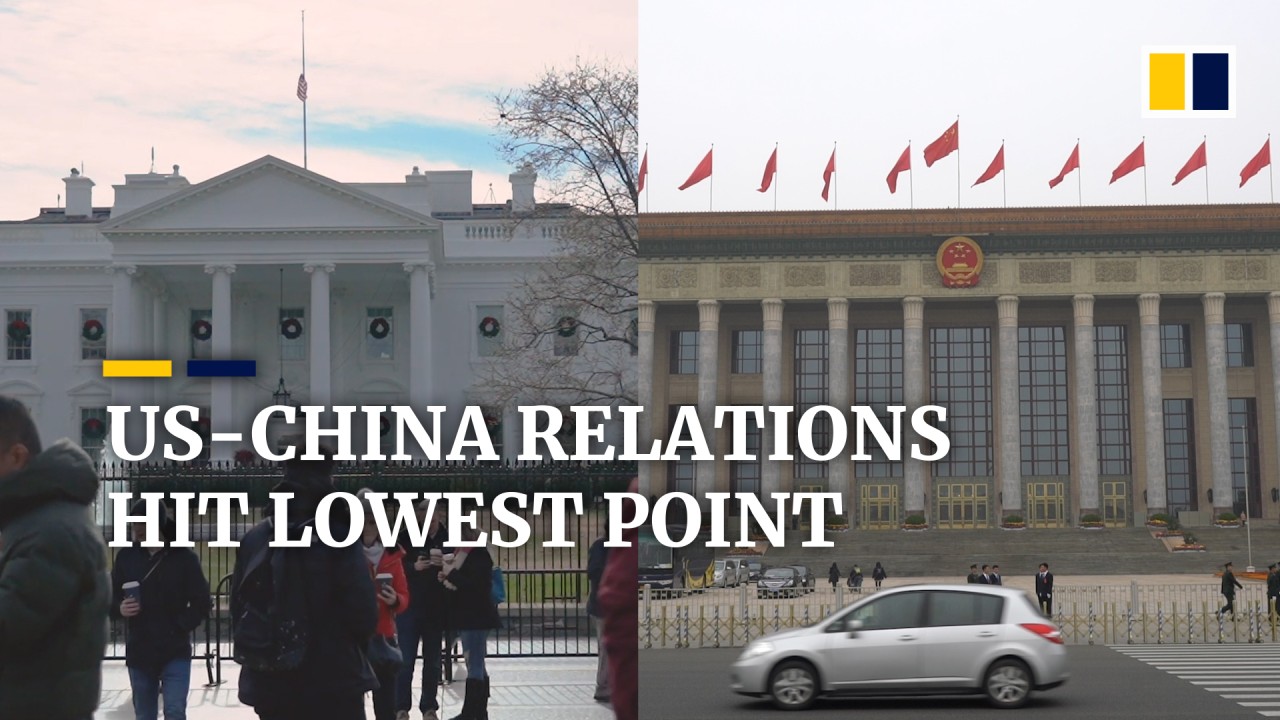Donald Trump’s tariffs are costing Americans billions when they can least afford it, but he’s not backing down
- As US unemployment spikes, lower tariffs would bring relief to consumers and companies bearing the brunt of the trade war amid the Covid-19-induced recession
- Yet the Trump administration seems set on a course of destructive protectionism not seen since the 1930s

“Lifting payment of duties … strikes at the heart of American industry,” wrote Daniel DiMicco, chairman of the coalition and chair of US steel producer Nucor. He called on the customs agency not to “reintroduce unfairly traded goods to cause American workers further economic pain because of lobbying efforts of stateless companies”, and warned: “China is stockpiling unsold goods right now during its shutdown and will be poised to flood the US market when shipping and ports reopen. The goods will likely be sold at drastically lower prices than before.”

02:06
But no. Note the recent remarks of Robert Lighthizer, Trump’s fiercely protectionist trade representative: “Unfortunately, like others, we are learning in this crisis that overdependence on other countries as a source of cheap medical products and supplies has created a strategic vulnerability to our economy.”

